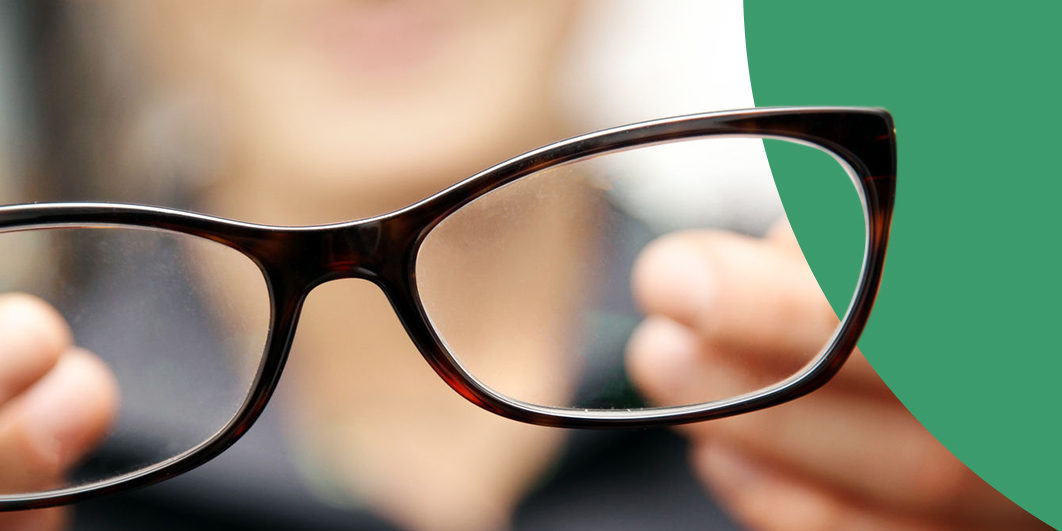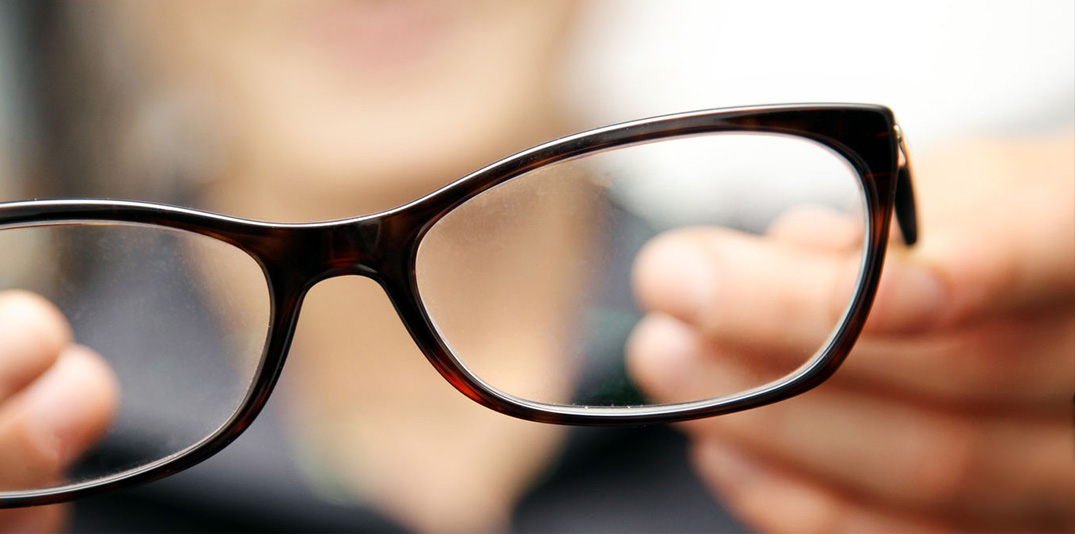Are annual eye exams necessary?
Yes, because a comprehensive eye exam not only shows your eyes’ well-being, but it can also show signs of your overall health.
***Did you know that eyes are the only organ in the body that allows health care professional to assess blood vessels without any surgical intervention?
What part of the exam is covered by the Medical Service Plan (MSP)?
Any ocular emergency or a health assessment is covered in its entirety by MSP. Issues like pink eye, inflammation, foreign bodies, etc. are all covered. At eyeDoc Optometry, patients 18 years of age and under are fully covered for comprehensive eye exams. Patients 65 years or age and older are partially covered by MSP for comprehensive eye exams.
Do I go to the ER or come see an Optometrist?
Many ocular health issues can be treated by an Optometrist which can save you time at the ER. Issues such as a stuck contact lens, corneal abrasions, and infections can all be attended to and treated by an Optometrist.
I see perfectly fine, so why do I need to get my eyes checked?
Seeing 20/20 does not always mean your eyes are healthy; therefore, getting them checked regularly is recommended. The eyes do not have any pain receptors internally, so patients typically do not know something is wrong until the vision is affected and by that time it can be “too little, too late.”
What is Astigmatism?
Astigmatism is a type of refractive error that is commonly corrected by glasses and/or contact lenses. Instead of your cornea and/or lens being round, they are shaped like a football. Because of this, your eyes develop two different curvatures which focus light differently. Uncorrected astigmatism symptoms include, but are not limited to excessive squinting, haloes and glare around lights, and difficulty with night driving.
What is the difference between near-sighted and far-sighted?
Near-sightedness, otherwise known as myopia is when a patient cannot see in the distance and the opposite is true for far-sightedness, otherwise known as hyperopia. Both of these refractive errors, like astigmatism can be fully corrected with glasses and/or contact lenses.
Why do my eyes have to be dilated?
Dilation provides the doctor to better examine the internal health of the eyes and can also help to determine the proper glasses prescription. Without dilation, certain ocular ailments can be missed that not only can cause permanent visual damage, but can also be life threatening.

CONTACT US
Eye Health Exams


